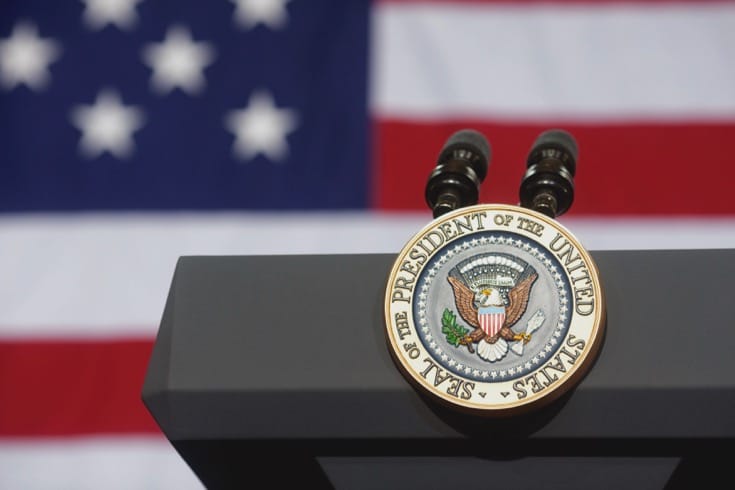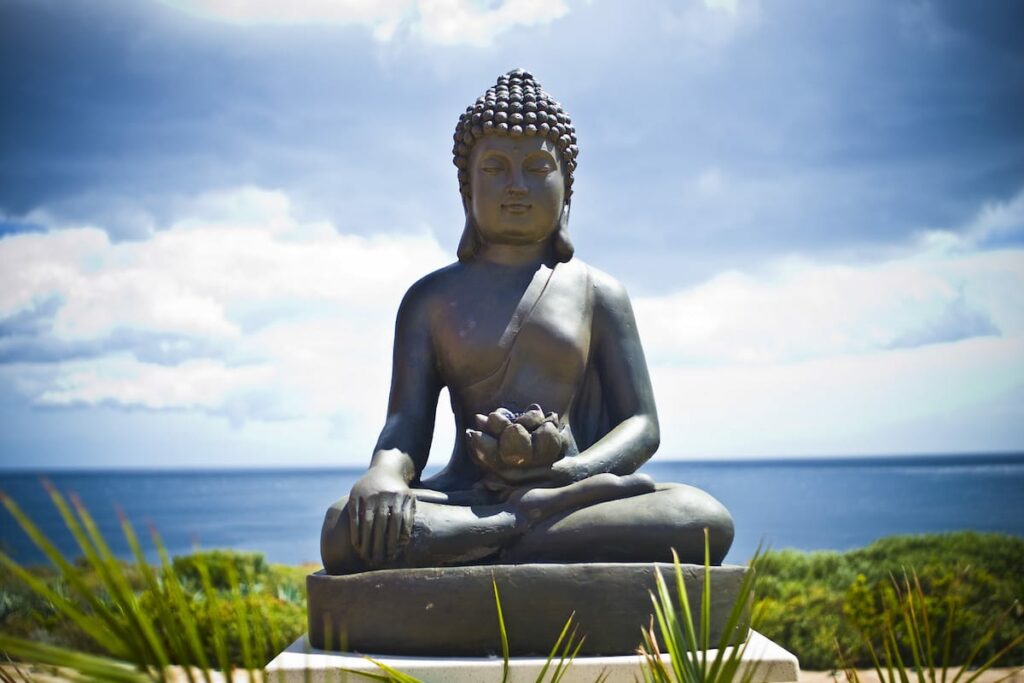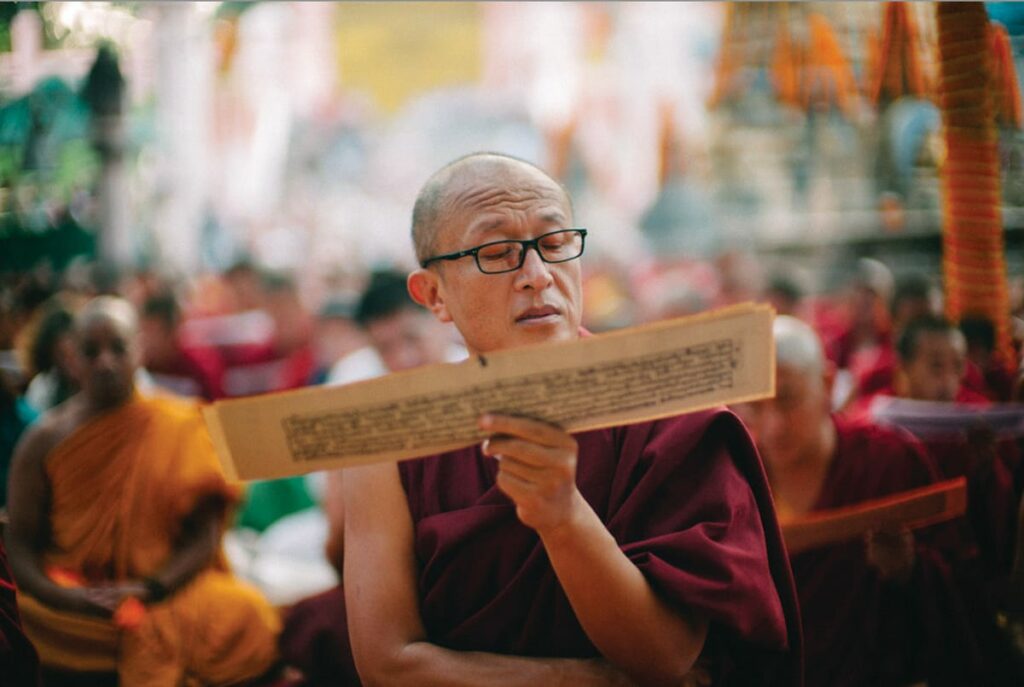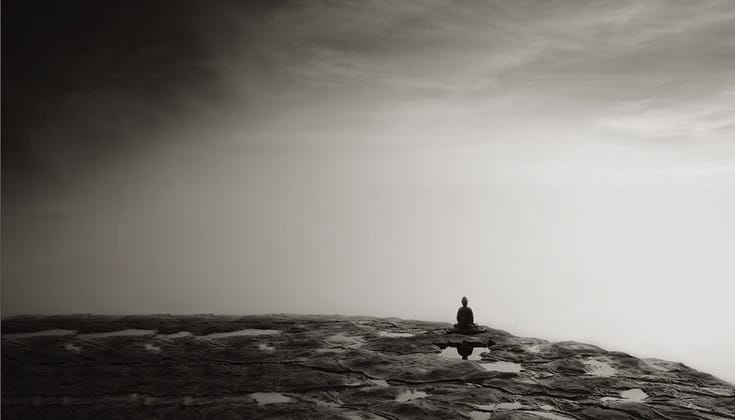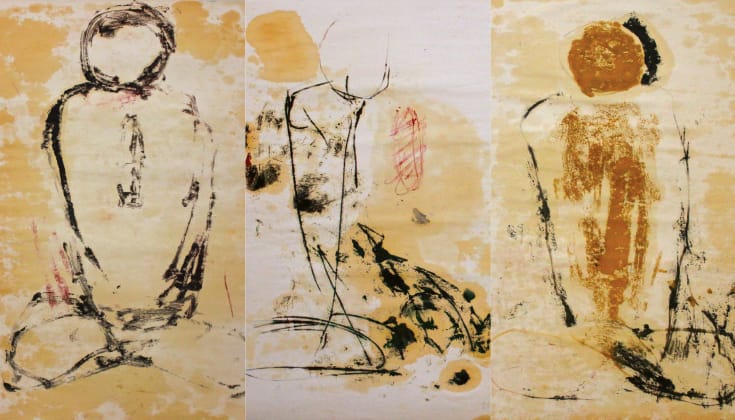Archives: BD Articles
Let’s Stand Up Together
Bhikkhu Bodhi urges Buddhists to be visible advocates of peace, basic sanity, and social justice — causes that, he argues, transcend party politics.
Forum: Are Kleshas Obstacles or Opportunities for Enlightenment?
A forum on Kleshas and their role on the path to enlightenment, with an introduction by Barry Boyce.
The Problem of Personality
We believe deeply in ourselves as personalities, says Ajahn Sumedho, each committed to the reality of our own personal history and distinctive traits.
How Will You See the Guru?
Are you able to see your teacher as the Buddha? It’s not easy, says Dzongsar Khyentse Rinpoche, but this is where the real path begins.
Consider This Before Going on a Buddhist Retreat
Christine Skarda has been on retreat for the past twenty-five years. She offers advice on preparing for a successful Buddhist retreat.
Two Truths—Indivisible
When we enter the path, we are working at the level of relative truth, and with practice we may gain insight into the absolute. But we don’t enter the final stage of practice, says Tsoknyi Rinpoche, until we realize these truths were never separate.
Facing My White Privilege
When Tara Brach came to recognize her own white privilege, it revealed blind spots. That changed her as a dharma teacher and leader.
Open View, Solid Ground
Jamgon Kongtrul championed the view of rimay, recognizing the inherent value of all Buddhist teachings. But as Alex Gardner explains, he remained firmly loyal to his own tradition.
Do Buddhas think?
Zen teacher Blanche Hartman, Tibetan teacher Tenzin Wangyal Rinpoche, and Insight teacher Narayan Helen Liebenson answer the question, "Do Buddhas think?"
Zen Math Will Never Add Up
Nagarjuna’s four propositions tell us that something may be what it is or it may not; it may be neither or it may be both. This is Zen math.
